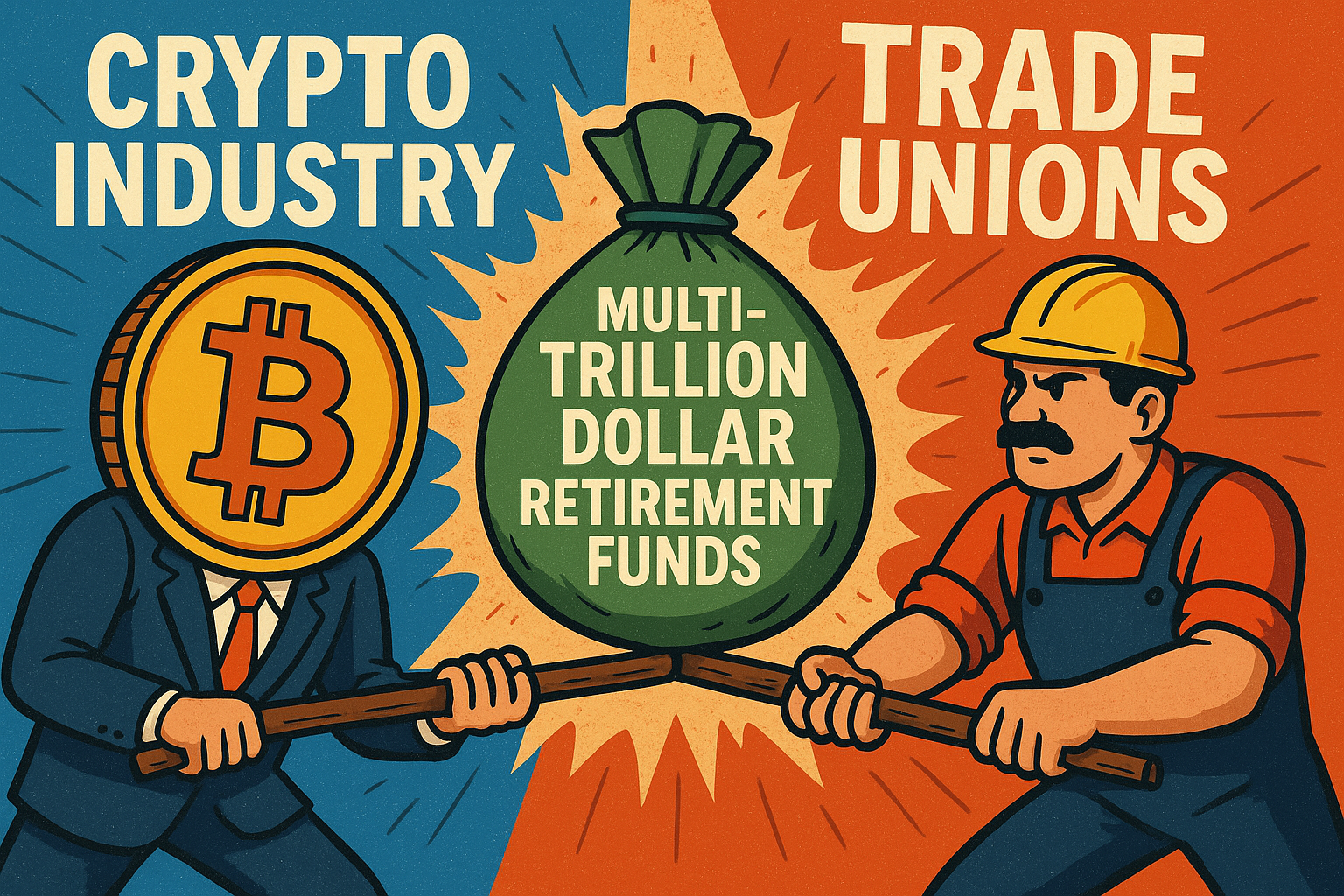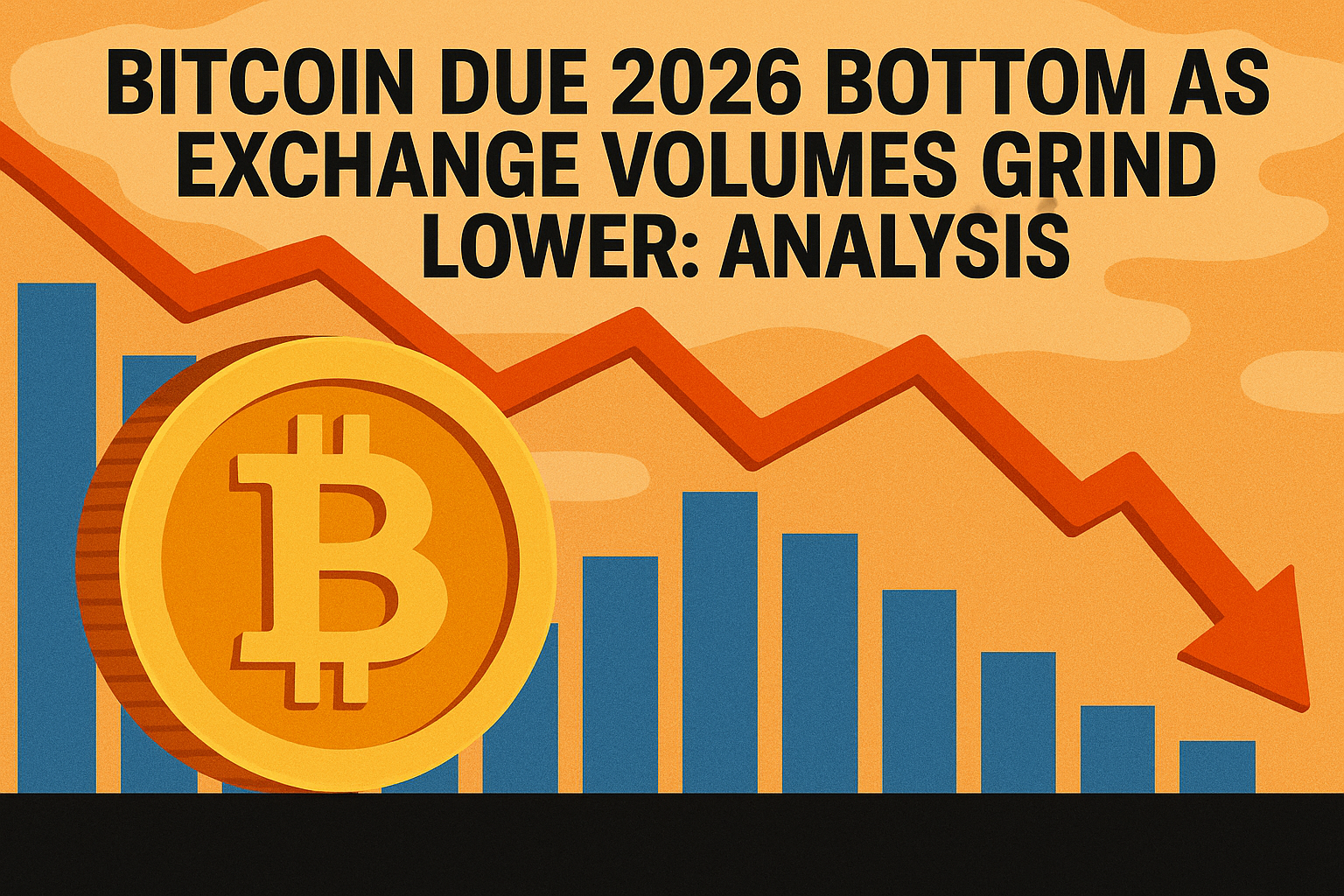Table of Contents
United States President Joe Biden recently made headlines in the cryptocurrency space with his statement that he is "not willing to strike a deal with 'Crypto Traders". This statement, although brief, carries significant implications for the relationship between the U.S. government and the rapidly evolving world of digital currencies.
Biden's stance signals a cautious approach to cryptocurrency, a sentiment that has been echoed by other prominent figures in his administration. This cautious approach may be motivated by a number of factors, not least of which is the perceived risk that cryptocurrencies pose to the traditional financial system (see: New Quantum Financial System) and the potential for misuse in illicit activities. But what exactly does this statement mean, and how could it impact the future of cryptocurrency in the U.S.?
Unwilling to strike a deal
Firstly, Biden's unwillingness to "strike a deal" suggests a reluctance to fully embrace the cryptocurrency industry without thorough regulatory oversight. This is in line with previous comments from members of his administration who have expressed concern about the lack of regulation and transparency in the crypto market. The President's statement could be interpreted as a call for stricter regulations and more oversight in order to protect investors and maintain the stability of the financial system.
However, it's important to note that this does not necessarily mean the administration is against cryptocurrencies. Instead, it may reflect a desire to proceed with caution in order to ensure that as the crypto market continues to grow, it does so in a way that is safe and beneficial for all stakeholders.
What does it mean?
This could mean stricter guidelines for crypto exchanges, more comprehensive KYC (Know Your Customer) and AML (Anti-Money Laundering) policies, and perhaps even clearer tax guidelines for cryptocurrency investors.
In addition, Biden's stance could also be seen as a move to protect traditional financial institutions and maintain their central role in the economy. Despite the growth and popularity of cryptocurrencies, they remain a small fraction of the global financial system. By not engaging with crypto traders directly, the administration could be signaling its support for traditional financial institutions, which have been cautious about fully embracing cryptocurrencies.
What is the U.S.'s Role in Crypto?
This stance, however, raises questions about the U.S.'s role in the global crypto market. Other countries, such as China and South Korea, have taken proactive steps to regulate and support the growth of their cryptocurrency markets. If the U.S. takes a more passive role, it could potentially lose out on the potential economic benefits that a thriving crypto market could bring.
So, what does this mean for crypto traders and investors? In the short term, we may see increased scrutiny and regulation of the crypto market, which could create volatility. However, in the long term, this could lead to a more stable and secure market. It could also push crypto exchanges and other businesses to implement more stringent security measures and improve their services in order to comply with regulations.
In conclusion, while President Biden's statement might initially seem negative for the crypto market, it could lead to positive developments in the long run. Stricter regulations could help prevent fraud, protect investors, and contribute to a more stable and mature market. Despite the immediate reaction, the administration's cautious approach could serve to strengthen, rather than hinder, the future of cryptocurrencies.
As always in the crypto world, it’s important to stay informed and adaptable. The landscape is changing rapidly, and President Biden's stance is just one of many factors that will shape its future. One thing is clear: whether you're a crypto trader, investor, or just a casual observer, these are interesting times to be involved in the world of digital currencies.








